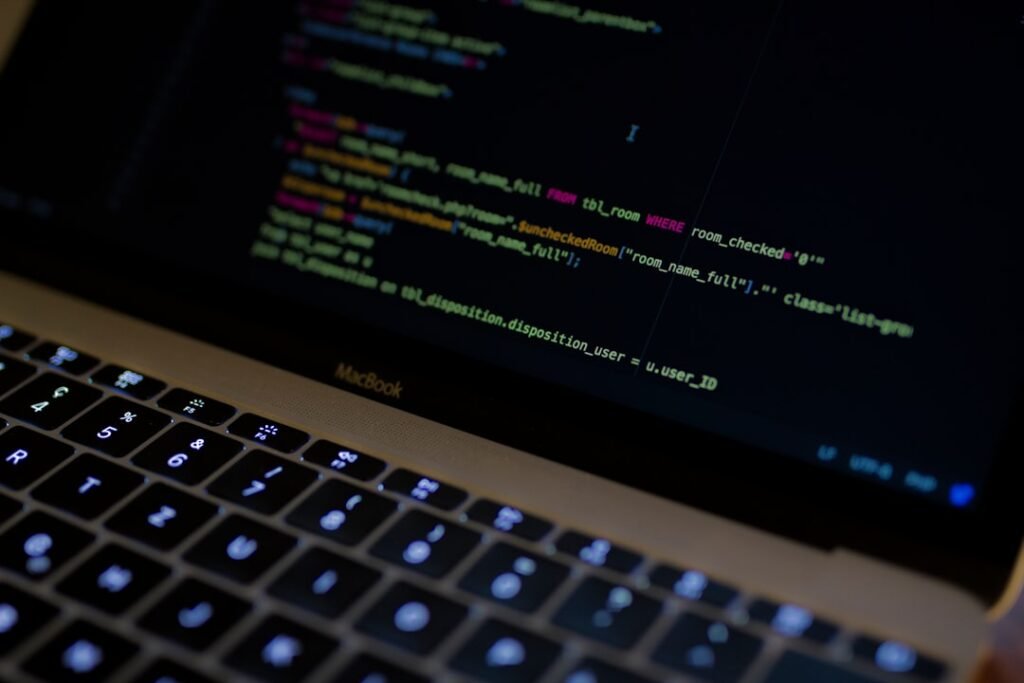Legal expert Shao Shiwei examines the significant legal risks facing Web3 studios that utilize multiple accounts to create artificial liquidity for cryptocurrency projects in exchange for compensation. Chinese regulatory policies, including the 2017 “94 Announcement” and 2021 “924 Notice,” have explicitly prohibited Initial Coin Offerings (ICOs) and classified virtual currency transactions as illegal financial activities. Despite these regulations, numerous Web3 studios continue to operate in this space, raising frequent legal consultations about potential violations. A common operational model involves meme coin projects employing coordinated strategies to create false market appearances. The typical process includes: token creation and packaging through platforms like Four.meme and Pump.fun; artificial liquidity and trading volume generation; market manipulation to create FOMO (Fear Of Missing Out) among investors; and eventual liquidation by project founders. Web3 studios play crucial supporting roles throughout this process. During presale phases, studios utilize purchased accounts to create artificial demand. They provide technical support for liquidity pool establishment on decentralized exchanges (DEXs), employing “lock pool tools” or “LP destruction” mechanisms to create false security. Studios also deploy automated scripts for wash trading and temporary price support, while coordinating promotional activities across social media platforms. Legal analysis identifies multiple criminal risks for studio operators and employees: – Fraud charges may apply when studios knowingly assist projects with deceptive practices, including fake liquidity locks or artificial trading activity designed to lure genuine investors. – Illegal fundraising risks emerge when studios help projects attract public investments through token sales without regulatory approval. – Illegal business operation charges may result from participating in unlicensed financial activities, including market making and trading manipulation services. – Aiding information network criminal activities charges could apply when studios provide accounts or technical interfaces used for illegal operations. – Money laundering risks exist when studios assist with converting tokens to fiat currency or facilitating cross-border fund transfers involving illicit proceeds. Notably, studio owners face primary liability as organizers, while employees executing operations with knowledge of deceptive practices may be considered accomplices. As regulatory understanding of cryptocurrency operations deepens and blockchain analytics advance, legal enforcement against such activities is expected to intensify, progressively narrowing the operational space for these gray market services.












